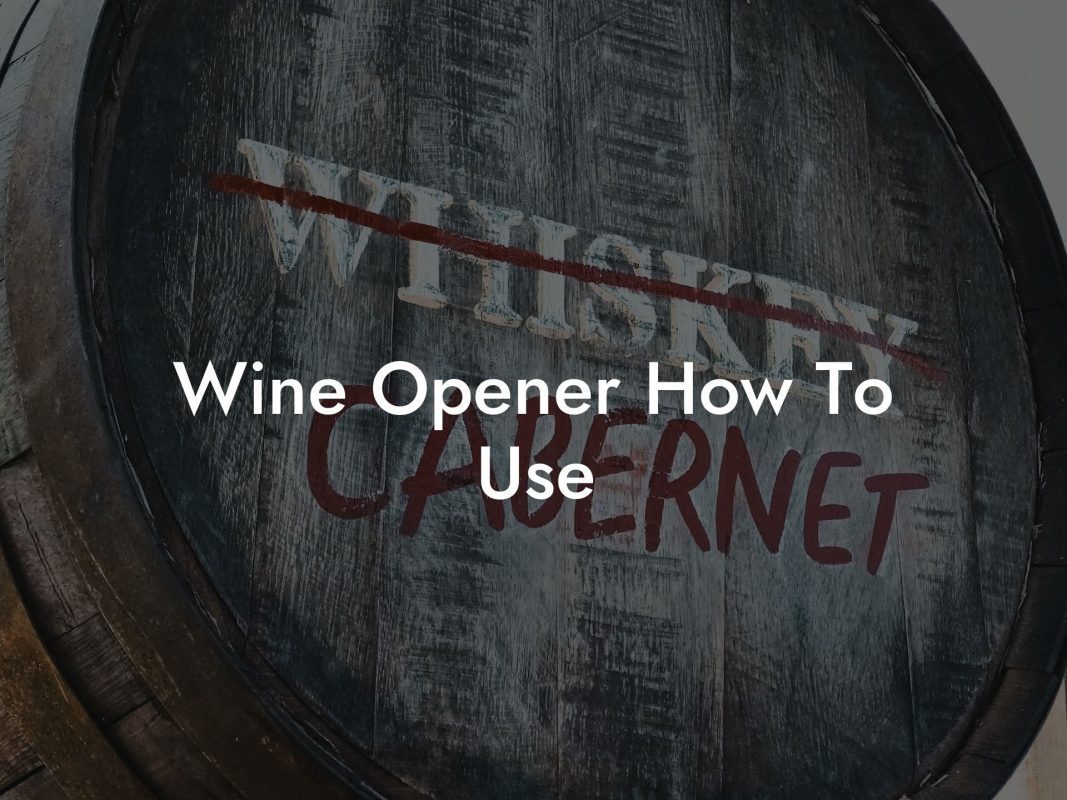Have you ever dreamt of turning your passion for wine into a full-fledged business? Imagine a life spent sipping fine wines, sharing your knowledge with fellow wine enthusiasts, and hosting exclusive wine tastings and events. Good news: starting your own wine business is no longer just a dream! In this article, we will guide you through the essential steps of establishing your very own wine venture and help you raise a toast to your future success. So grab a glass of your favorite red or white, and dive in as we uncork the exciting world of wine entrepreneurship.
How To Start A Wine Business Table of Contents
1. Develop a Business Plan
A detailed and well-structured business plan serves as the roadmap to success for any aspiring entrepreneur. It helps you crystallize your ideas, set objectives, and determine your competitive edge.
- Begin by researching the wine industry carefully. Identify trends, market segments, and customer preferences that could be potential opportunities.
- Decide on your niche, be it a wine shop, wine bar, or an online business, to ensure your venture is tailored to your passions and skills.
- Include a comprehensive financial plan. Calculate startup expenses, forecast sales, and layout your pricing strategy.
- Detail your marketing plan to identify the target audience, create awareness, and retain customer loyalty. Social media, local events, and wine clubs can serve as excellent platforms for targeting artsy and creative people between ages 25 and 35.
2. Obtain Necessary Licenses and Permits
Dealing with alcohol requires adherence to a set of strict laws and regulations. Research local and federal laws to understand the licensing requirements applicable to your wine business.
Do You Want to Win a Free Bottle of Wine?
Don't miss out on the opportunity to win a free bottle of wine every week.
Enter our weekly prize draw today!
- Contact your local alcohol control board for information on the necessary licenses and permits.
- Typically, you will need a liquor license, business license, zoning permit, and a sales tax permit. Requirements may vary by location and the nature of your wine business.
- Consider consulting with a legal expert to ensure complete compliance with all regulations.
3. Build Relationships with Suppliers and Distributors
A successful wine business thrives on offering a diverse and exciting collection of wines. Cultivating relationships with various suppliers and distributors helps to secure access to unique wines from around the world.
- Establish contacts with local wineries, importers, and wine brokers.
- Negotiate favorable terms for your purchases, such as discounts, credit payments, and exclusive partnerships.
- Keep a watchful eye on emerging wineries and trends to maintain a constantly evolving wine inventory.
4. Create an Engaging and Comfortable Atmosphere
Attracting artsy and creative clientele requires setting a unique ambiance that resonates with that demographic.
- Design your space to encourage conversations and socializing around wine.
- Incorporate live electronic music events, wine tastings, and educational seminars into your business plan.
- Maintain high energy and a casual vibe that appeals to your target audience.
5. Invest in Education and Customer Service
Knowledge is power, especially in the world of wine. Invest in your own education and that of your staff to create a team of experts that deliver top-notch service and valuable wine experiences.
- Attend wine tasting events, workshops, and conferences to stay updated on emerging trends and innovations.
- Enroll in wine education programs such as the Wine & Spirit Education Trust (WSET) or the Court of Master Sommeliers.
- Encourage your staff to pursue similar educational opportunities and foster a culture of continuous learning.
How To Start A Wine Business Example:
Imagine you are starting a cozy and inviting wine bar in a trendy neighborhood. Your business plan identifies a focus on organic and biodynamic wines that cater to environmentally conscious, artsy customers. You obtain all necessary liquor licenses and permits and collaborate closely with organic wineries and suppliers to create an eclectic wine selection.
In your wine bar, the ambiance is charming with local art displayed on the walls and live electronic music events every weekend. Your staff welcomes wine-curious customers, guiding them through exciting wine tastings and sharing their knowledge passionately. With this example, you are well on your way to establishing a thriving wine business in a niche that reflects your passion and values.
Congratulations, you've now taken the first step towards turning your wine passion into a profitable business! Keep these tips in mind as you embark on the exciting journey of starting your own wine venture. As you continue to explore the world of wine, remember that Black Wine Club is here to help and support you along the way. We encourage you to share this guide with fellow wine enthusiasts and to explore our other content to further your wine knowledge. Here's to auspicious beginnings and a successful wine business!
Do You Want to Win a Free Bottle of Wine?
Don't miss out on the opportunity to win a free bottle of wine every week.
Enter our weekly prize draw today!












